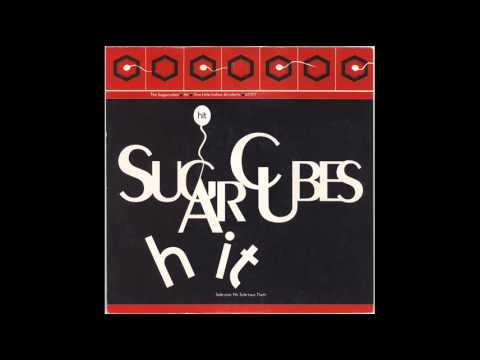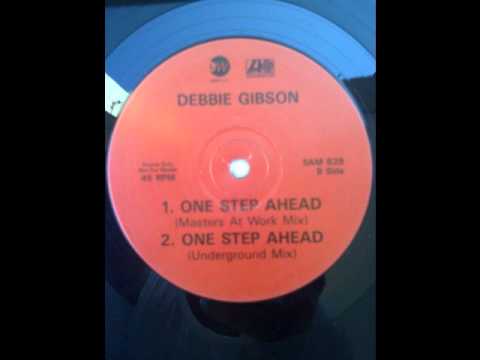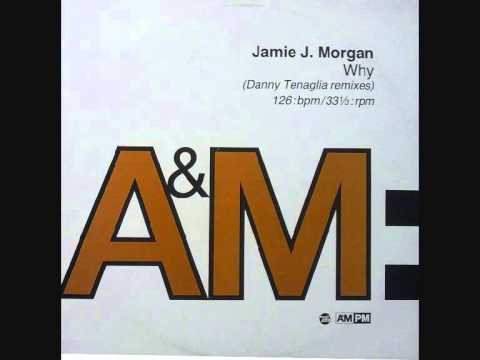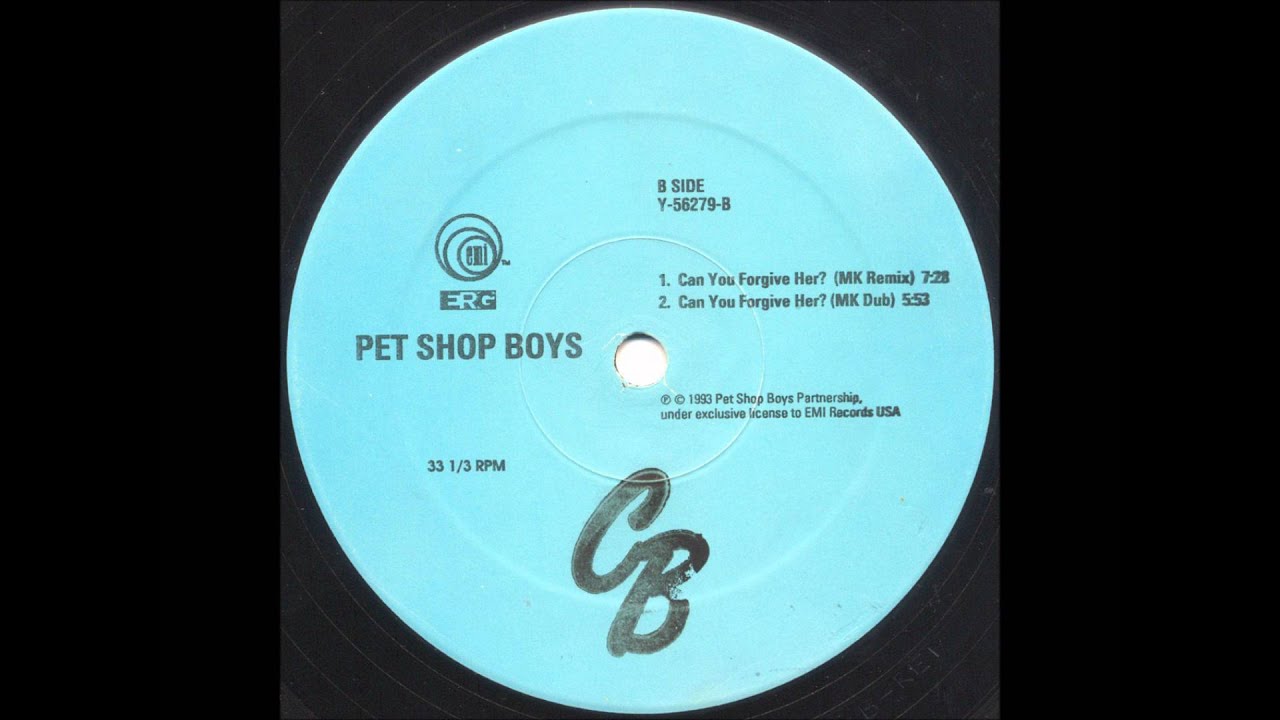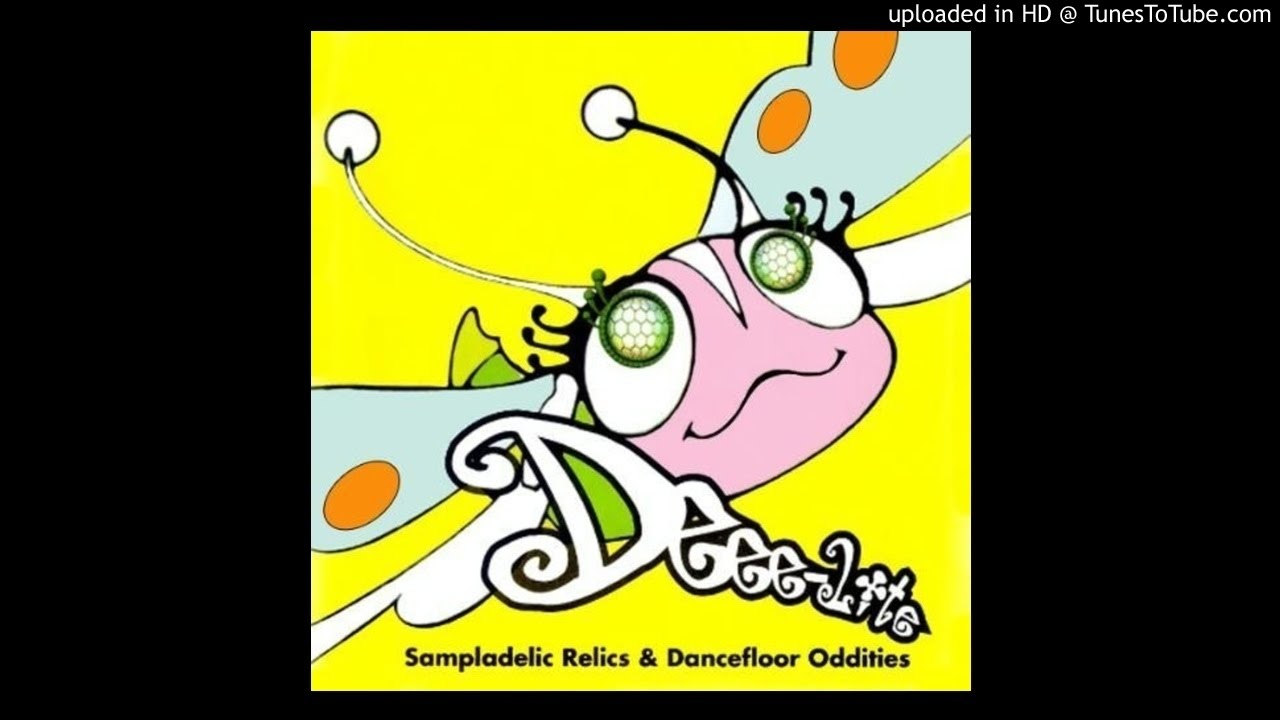
When Pop Met House: The Best Credible Remixes Of Pop Tunes
At some point in the early ’90s, house music left the underground and mingled with the mainstream. When it broke big, the major record labels began to search for ways to use it—and its remixers, DJs and producers—to add a dash of street cred to what would have otherwise been commercial club and pop music. This was not a new idea—in fact, it’s something that’s been happening since the disco years. And as it was with disco, house music was used as the framework to reformat pop songs as floor-friendly remixes with updated beats and grooves and more creatively adventurous b-side dubs that sometimes utilized very little from the original tune. Here are some outstanding examples of what happened when pop met house.
Jimmy Somerville, “Comment Te Dire Adieu (Kevin Saunderson Remix)” (London 1989)
Kevin Saunderson was a hot property after the chart success of his project Inner City, and the A&R department at London probably had that radio-friendly sound in mind when they enlisted him to remix this rendition of the Serge Gainsbourg classic. Instead, what they got was a Detroit techno banger in the vein of Saunderson’s E-Dancer and Reese aliases complete with his hard-as-granite beats and excavating basslines. It makes for a stunning sound clash between original and remix, with each benefitting from the other—as it should be.
De La Soul, “A Roller Skating Jam Named Saturdays (6:00 AM Mix)” (Tommy Boy 1991)
In the ‘70s, when it came to Philly soul and disco, Gamble and Huff were the gold standard. Frankie Knuckles and David Morales’ Def Mix Productions served a similar role for New York house remixes in the ’90s. Working on a seemingly sleepless schedule, the duo turned out high-quality remixes with an almost unbelievable consistency. Here David Morales reworks De La Soul’s post-D.A.I.S.Y. Age feel-good weekend anthem to create three superior jams that are both deep and brilliant.
https://www.youtube.com/watch?v=zwxfnMNtInU
The Sugarcubes, “Hit (Sweet’N Low Mix)” (One Little Indian 1991)
Believe it or not, Björk was a clubland icon long before the release of Debut. In fact, it was the release of It’s-It, a remix compilation of work by her former band The Sugarcubes, that brought her sound to the underground. The compilation features a diverse set of remixes, with standout versions of “Hit” and “Leash Called Love” by Tony Humphries and “Birthday” by Tommy D. The record company even called them “those absurd large Tony Humphries mixes”—and deservedly so. While “Leash Called Love” is pumping and rolling towards David Morales territory, a spectacular anthem in its own right, “Hit” has the sound more typically associated with the New Jersey don, with all the unashamedly artificial string pads and tinny beats he so loved to use around that time. “This wasn’t supposed to happen,” she sang. But it was.
Debbie Gibson, “One Step Ahead (Masters At Work Mix)” (Atlantic 1991)
Debbie Gibson preceded the all-American stardom of Britney Spears by a decade. When she surfaced in the late ‘80s the only thing that she could stick in my mind was the rather remarkable “Electric Youth”. I suspect Masters At Work felt similarly, as they kept literally no elements of the original song in what became one of their most beloved remixes (although there are admittedly quite a few other contenders in their vast discography). This is one for the true deep house fraternity. It keeps you locked with a simple hypnotic chord while all the other sounds and rhythms come and go. It creates a perfect trip that seems to last much longer than its five some-odd minutes.
David Bowie “Real Cool World (Cool Dub Overture)” (Warner Bros. 1992)
Credible dance remixes of the original Star Man are surprisingly scarce. This one is arguably the finest. Def Mix’s Satoshi Tomiie is at the controls, and thankfully he doesn’t repeat the cardinal error that plagues many rock star/nightlife crossovers: mounting generic guitars on top of limp dance floor groundwork. Instead, he opts for a rather skippy groove. Tomiie’s trademark keyboards are immersed enough in the arrangement keep the tension going for the duration of the track’s sublime 13 minutes. Don’t you dare touch that intro!
Jamie J. Morgan, “Why (Extended Club Mix)” (Tabu 1992)
The contributions of the Buffalo fashion crew to late ‘80s and early ‘90s club culture are not to be underestimated (associate Neneh Cherry did not reinvent herself with “Buffalo Stance” for nothing). Photographer and director Morgan was another core member, and he also had a few ventures in pop music. Eric Kupper, the studio wizard responsible for countless New York club classics, turns Morgan’s “Why” into something silky and floating. He gives it just the right amount of floor pressure to not disturb the beauty and sentiment. As always, Eric Kupper is untouchable when he works with this kind of mood. And again, don’t you dare to touch that intro!
Pet Shop Boys, “Can You Forgive Her? (MK Remix)” (EMI USA 1993)
Few successful pop remixers have employed such a contrasting signature sound as Detroit’s Mark Kinchen (aka MK). His many remixes are tied together by the way he consistently turned his source material into something so distinctly his own. Here, as expected, he turns the Pet Shop Boys’ boisterous original into a dark and swinging groover. Especially notable is MK’s clever lyrical looping. Lesser minds would have probably chosen, “She made you some kind of laughing stock because you dance to disco and you don’t like rock.” Instead Kinchen opted to accompany the breakdown with the more bizarre, “Pain. She demands my pain. She demands meet your pain. She demands my bicycle.” This cannot be random. This is pure genius.
Daniela Mercury “O Canto Da Cidade (Murk Boys Miami Mix)” (Sony Latin 1993)
I don’t know why the A&R department at Sony chose Murk to remix this popular song by one of Brazil’s most famous singers. But whatever the reason, it was a bold move. As usual, Miami’s finest remixing duo ignored the song’s anthemic qualities—barring a puzzling vocal loop worthy of MK—and stripped everything down to a tried-and-tested booming groove with a monolithic bassline. Compare the original to this mix, and you’ll immediately see just how radical and nonchalant these remixers could get. The intro? Don’t you dare touch it!
Deee-Lite “Try Me On (Plaid Remix)” (Elektra 1996)
Deee-Lite assembled a diverse array of remixers for their compilation Sampladelic Relics & Dancefloor Oddities. And of all those remixes, it was Plaid’s psychedelic mix of “Try Me On” that really stood out. This one’s not playfully psychedelic, it’s REALLY tripping. Just try to imagine Lady Miss Kier and company throwing their wonderful stage moves to this eerie low riding sub bass adventure—it ain’t gonna happen!
Mama Cass “Make Your Own Kind Of Music (Yum Club Mix)” (MCA Soundtracks 1997)
This 12″ came hot on the heels of the soundtrack to “Beautiful Thing”, which consisted almost entirely of songs sung by The Mamas & Papas’ Mama Cass. Yum Club is an alias of Louie “Balo” Guzman, who was more known for the harder variety ‘90s New York house. Yet around the time he did this remix a lot of his work already displayed a kind of knack for quirky eccentricity that would allow him to transform this ’60s pop standard into a ‘90s club anthem. The way he molded the cut into a working club track arrangement is beyond virtuoso, and the added instrumentation even adds to the song’s beauty. You may think this is really tacky (and flutey), but think again. This record can change lives when played at the right moment. I have seen it happen.
Cover photo of The Sugarcubes by Timothy White.
Published July 12, 2016.


